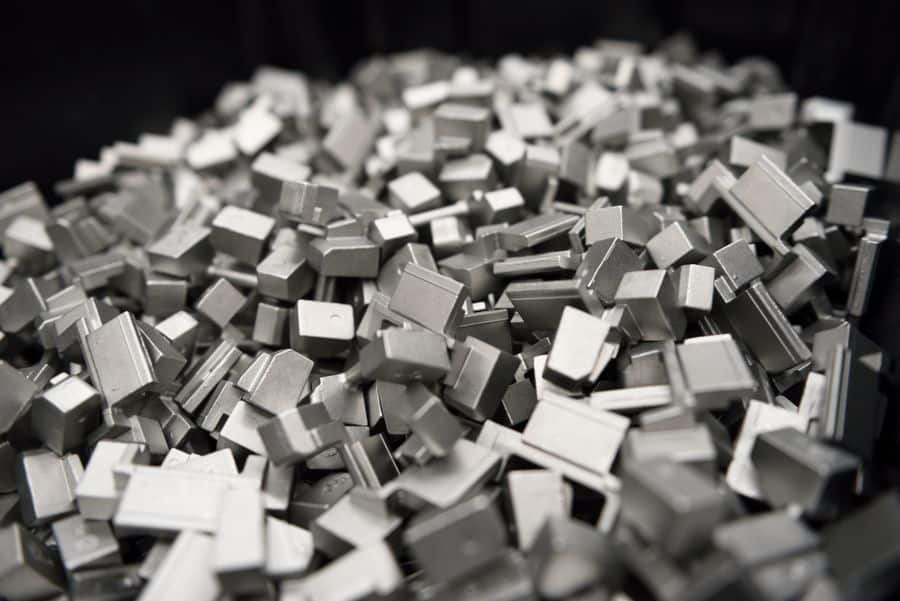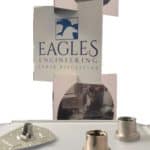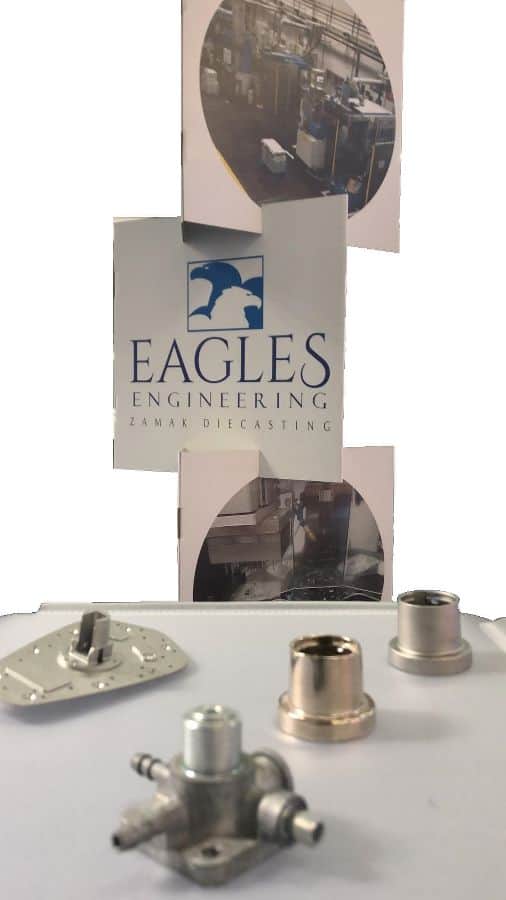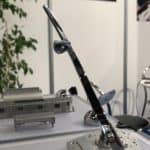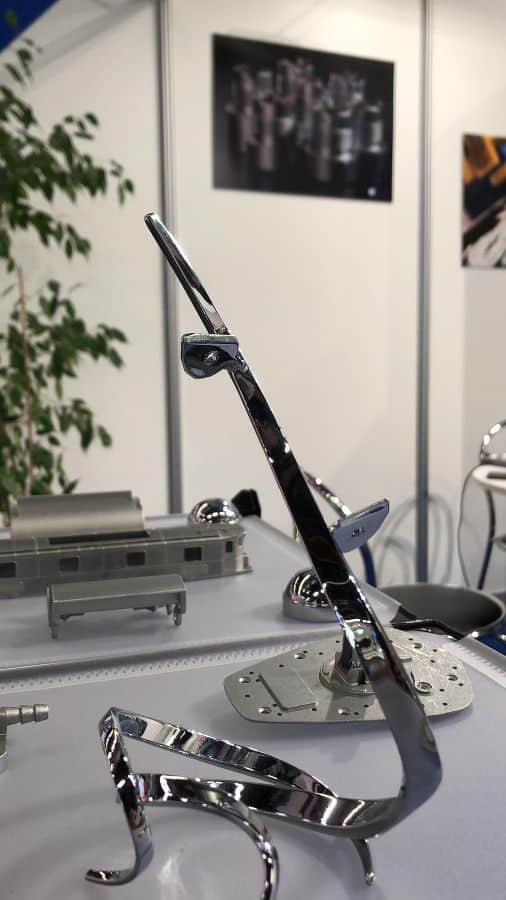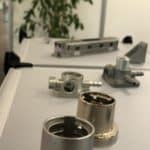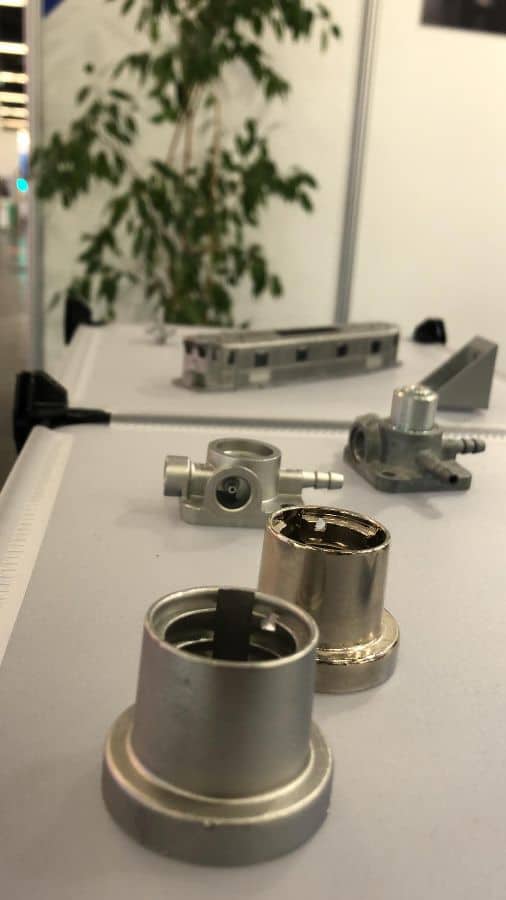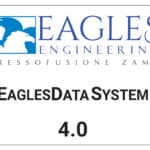Today we talk about zamak: what is Zamak and in which areas it is used?
When we talk about Zamak, not everyone knows what this metal alloy is.
Initially zinc was considered a weak metal but, by combining small percentages of aluminum, magnesium and copper the zinc alloy, called ZAMAK (Z-Zinc A-Aluminium MA-Magnesium K-Copper in German language) became, around 1920-1930, a hard and extremely resistant material characterized by excellent breakability and good ductility. Immediately used for "not demanding" parts, Zama has won, with the passing of the years, the trust of all the technical offices that use it for component projects for many mechanical parts.
Its strength and ductility means that Zamak has superior performance than many other materials such as aluminium, magnesium and brass. The proverbial wear resistance of this zinc alloy allows it to be used both under lubricated conditions of use and not where there can be moderate and continuous loads or important short-term stresses.
Zamak is very resistant to corrosion in normal environments, where there is salt mist, however, the zamak can be treated galvanically (galvanized, chrome or nickel) to increase its strength. As for the technical aspect, with Zamak you can obtain tighter tolerances, better finishes with greater strength and hardness and much more dimensionally stable than injection plastics. The details that can be produced with Zamak are many and can vary from less than one gram to more kg of weight.
Let’s talk about the environment: Zamak is one of the few metals that, compared to other materials, requires less energy for the transformation from ingot to finished product without generating pollutants during the processing phase and the best thing is that Zamak is completely recyclable.
And now we come to Us: in Eagles Engineering we implement the die-casting process that is the casting of the material that is injected under pressure into the mould built with a particular attention to the request of the individual customer.
The melting cycle is much faster than other alloys and the melting temperature ranges from 410 to 420°
Eagles Engineering is equipped with a fleet of machines with presses ranging from 5 to 200 tons that allow the production of very small parts up to 1.5 kg.
Our team of experts ensures constant control in the design, development, sampling and subsequent production phases. The quality and control department is always attentive to every step thus ensuring a high quality finished product.
We are constantly updated to ensure that the most particular and extreme needs of the market, can be met by us.


